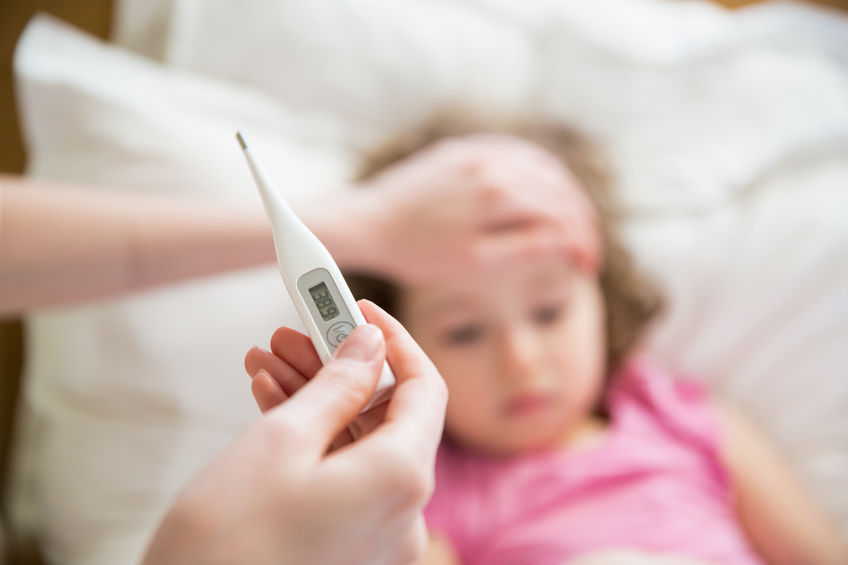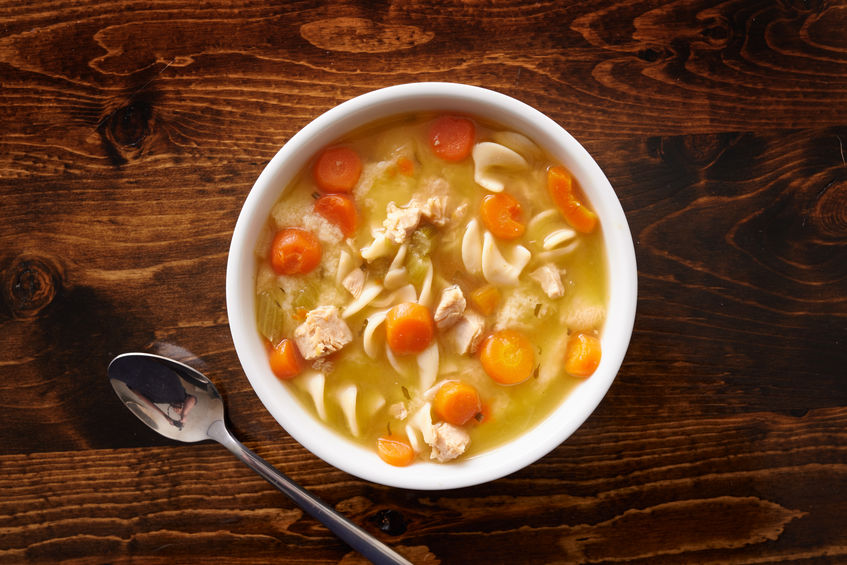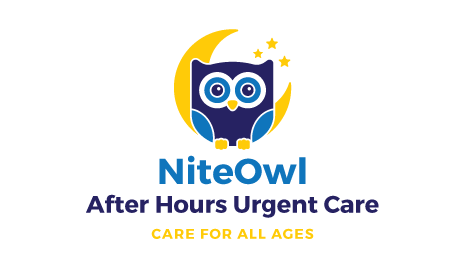How to Treat High Fevers in Children
It’s perfectly normal for kids to run fevers from time to time. A fever is actually most often a sign that the body is fighting off an infection; however, if your little one wakes in the night hot and sweaty, flushed cheeks, and feeling miserable, it’s sometimes hard to know exactly what to do. So the staff at NiteOwl Pediatrics after hours urgent care in Chattanooga TN has put together a little info about fevers, how to deal with them, and when your child should see a pediatrician.

What Exactly is a Fever?
A fever results when the body’s internal temperature rises above its normal level– generally around 98.6 degrees F. The brain features a part called the hypothalamus, which acts almost like a thermostat for your body. This part of the human brain sends messages throughout the body to help it maintain the ideal temperature.
Body temperature often fluctuates throughout the day, generally being a little lower in the morning and higher in the evening. In children especially, it will vary as they run and play. Sometimes, the hypothalamus resets the body’s temperature higher than normal in response to an illness or infection. It does this to make the body a less desirable host for the germs attacking the immune system, making your body a less comfortable place for them to carry out their germy missions.
What Causes a Fever?
All sorts of things can bring on a fever, but the most common is infection. Generally, fevers occur in conjunction with illness and infection in which case the body works to fight said infection by stimulating the body’s natural defense mechanisms. Other things that can cause fever are as simple as overdressing, or receiving immunizations. Teething can also be the culprit of low grade fevers in babies and toddlers.
Is Fever Sign of Something Serious?
Lower grade fevers are often nothing to worry about. If your child is experiencing a under 102 degrees F, you probably don’t need to administer a fever reducer like Tylenol. But if it’s higher than that, you should. Tylenol can work wonders with bringing a fever down, and making your child a little more comfortable.
You’ll likely be able to tell how dire things are by your child’s behavior. If he or she is still interested in playing and engaging in normal activities, odds are it’s nothing to really worry about. But if you notice your child is lethargic, has a suppressed appetite, isn’t fully alert, or presents with an abnormal skin color, you may need to figure out the best way to treat the fever.
Things To Be Aware Of
High Fever doesn’t always mean big trouble! Sometimes a common cold can cause your child to experience a really high fever, and serious infections, especially with infants, can be dire without causing any fever at all. If your child does have a high fever though, you’ll need to do what you can to monitor and keep it down in order to help keep your child as comfortable as possible while the body fights off the illness.
Sometimes children experiencing fevers also experience rapid breathing, and increased heart rate. If you notice that your child is having trouble breathing or fever subsides but irregular breathing persists, you may need to get in touch with one of the doctors at NiteOwl Pediatrics. Our after hours urgent care doctors can help!

Ways to Help Your Child Feel Better
- If your kid has a fever that’s making them feel miserable, you can help bring a fever down with acetaminophen or ibuprofen, but be sure to follow directions for recommended dosage appropriate for your child’s age and weight.
- Make sure your child’s room is a comfortable temperature.
- Dress your child in lightweight clothing and let him or her cover up with blankets, that way when the chills come they can bundle up, and when they’re feeling hot, they can easily remove blankets to adjust as the fever wanes and waxes.
- Be sure to offer your child food and drink often, and be careful to avoid dehydration. Fevers can cause children to lose fluids more quickly than usual, so you can mitigate that by encouraging them to drink.
- Offer water, soup, popsicles, juice, and jello– but try to avoid caffeinated beverages as they are diuretics and can worsen the problem. But seriously, chicken noodle soup is basically a magical cure all, right?
- Lastly, encourage your child to rest as much as possible. You don’t have to keep your child bedridden all day, but try to make sure to discourage overexertion, as that can be counterproductive to healing.
When To See a Doctor
If your infant of 3 months or younger has a temperature of 100 degrees F or higher, or your older child has a fever of 102.2 degrees F or higher, you should see a pediatrician. Also call your doctor if your child refuses to eat or drink, experiences lasting diarrhea or vomiting, shows signs of dehydration, or complains of a sore throat, ear pain, or other specific ailment. It’s better to be safe than sorry, and our staff at NiteOwl Pediatrics is here after hours to help make sure you can get the best possible pediatric care for your child in Chattanooga. Get in touch with us so we can help!
